“Memristors: Materials, Characterization and Applications”
April 28-30 2025 – NCSR “Demokritos”, Athens, Greece
Applications closed on January 3rd 10AM CET.
/!\ This RAP is open to PhD students in priority
 A large variety of resistive random-access memory (RRAM) technologies are prominent. Nevertheless, a few fulfill the requirements for CMOS integration and meet the commercialization standards. Many dielectrics (e.g., metal oxides, nitrides) have been proposed to realize RRAM. A memristor, a two-terminal nanodevice corresponding to a typical RRAM cell, has garnered substantial attention in recent years due to its distinctive properties and versatile applications. These nanoscale components, characterized by their simplicity of manufacture, scalability in small dimensions, nonvolatile memory capabilities, and adaptability to low-power platforms, offer a wealth of opportunities for technological innovation. Memristors hold great promise in diverse fields, ranging from advanced memory devices and neuromorphic computing to energy-efficient circuits and more.
A large variety of resistive random-access memory (RRAM) technologies are prominent. Nevertheless, a few fulfill the requirements for CMOS integration and meet the commercialization standards. Many dielectrics (e.g., metal oxides, nitrides) have been proposed to realize RRAM. A memristor, a two-terminal nanodevice corresponding to a typical RRAM cell, has garnered substantial attention in recent years due to its distinctive properties and versatile applications. These nanoscale components, characterized by their simplicity of manufacture, scalability in small dimensions, nonvolatile memory capabilities, and adaptability to low-power platforms, offer a wealth of opportunities for technological innovation. Memristors hold great promise in diverse fields, ranging from advanced memory devices and neuromorphic computing to energy-efficient circuits and more.
In this short training, participants will discover the cleanroom and characterization labs and dive into memristor through lectures and hands-on expriment.
![]()
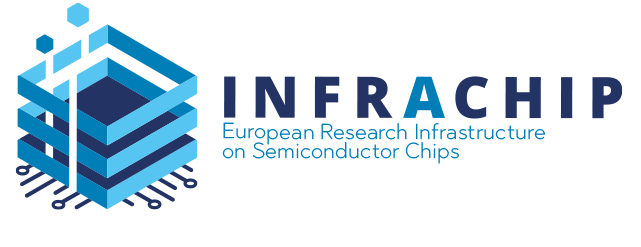
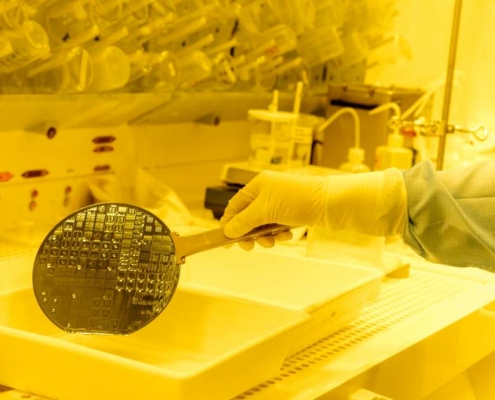
 Through this RAP, successful applicants will get an understanding of aspects of Integrated Power and Energy Systems research work that is being carried out by various research groups at Tyndall National Institute. They will understand the technology of MEMS, Energy harvesting and storage and get an overview of integrated magnetics research. Participants will also be introduced to another programme – RISEnergy – from the European Commission, which offers free access to infrastructure for energy systems.
Through this RAP, successful applicants will get an understanding of aspects of Integrated Power and Energy Systems research work that is being carried out by various research groups at Tyndall National Institute. They will understand the technology of MEMS, Energy harvesting and storage and get an overview of integrated magnetics research. Participants will also be introduced to another programme – RISEnergy – from the European Commission, which offers free access to infrastructure for energy systems.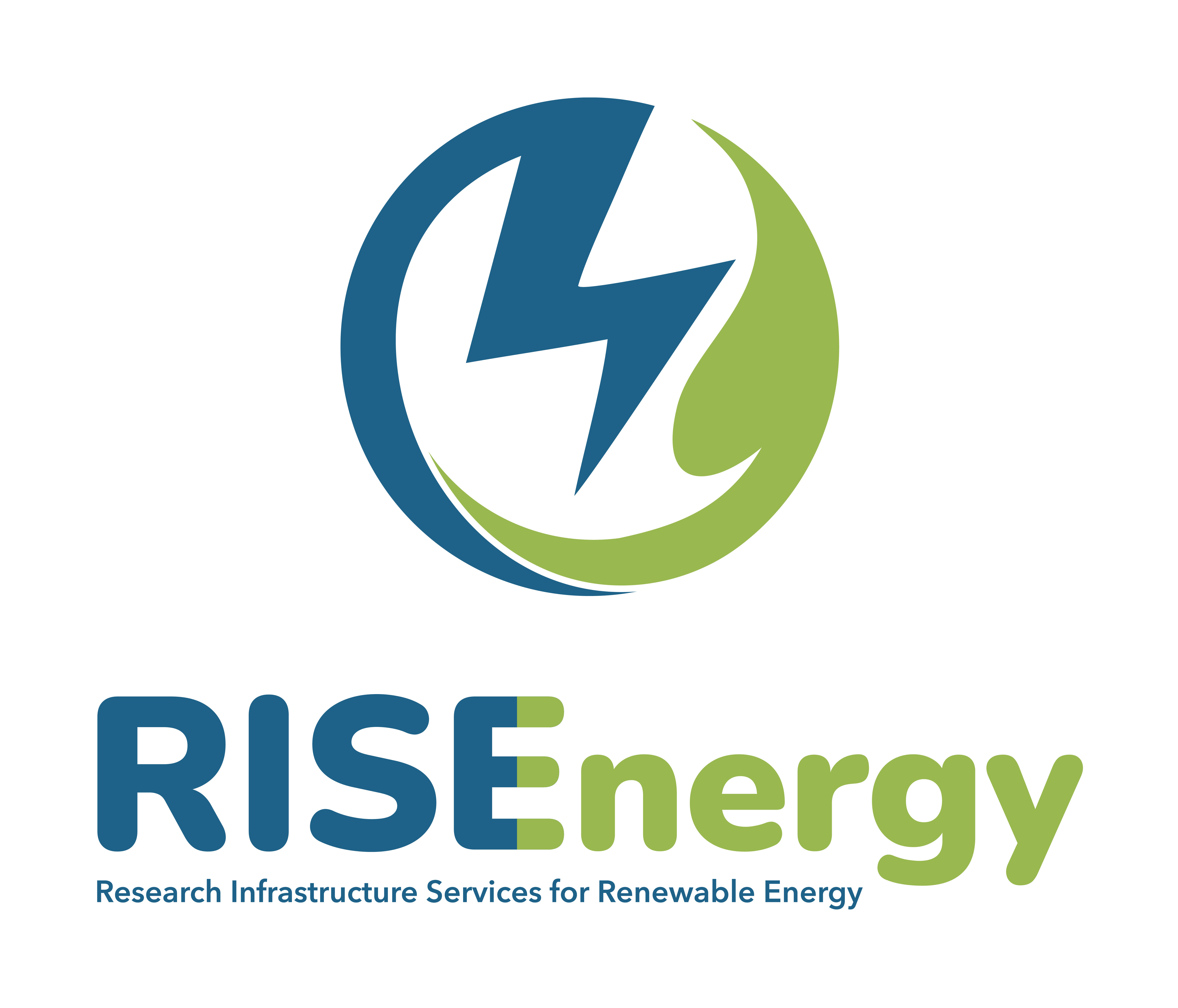

 A large variety of resistive random-access memory (RRAM) technologies are prominent. Nevertheless, a few fulfill the requirements for CMOS integration and meet the commercialization standards. Many dielectrics (e.g., metal oxides, nitrides) have been proposed to realize RRAM. A memristor, a two-terminal nanodevice corresponding to a typical RRAM cell, has garnered substantial attention in recent years due to its distinctive properties and versatile applications. These nanoscale components, characterized by their simplicity of manufacture, scalability in small dimensions, nonvolatile memory capabilities, and adaptability to low-power platforms, offer a wealth of opportunities for technological innovation. Memristors hold great promise in diverse fields, ranging from advanced memory devices and neuromorphic computing to energy-efficient circuits and more.
A large variety of resistive random-access memory (RRAM) technologies are prominent. Nevertheless, a few fulfill the requirements for CMOS integration and meet the commercialization standards. Many dielectrics (e.g., metal oxides, nitrides) have been proposed to realize RRAM. A memristor, a two-terminal nanodevice corresponding to a typical RRAM cell, has garnered substantial attention in recent years due to its distinctive properties and versatile applications. These nanoscale components, characterized by their simplicity of manufacture, scalability in small dimensions, nonvolatile memory capabilities, and adaptability to low-power platforms, offer a wealth of opportunities for technological innovation. Memristors hold great promise in diverse fields, ranging from advanced memory devices and neuromorphic computing to energy-efficient circuits and more.
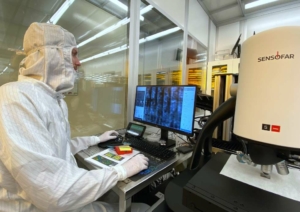
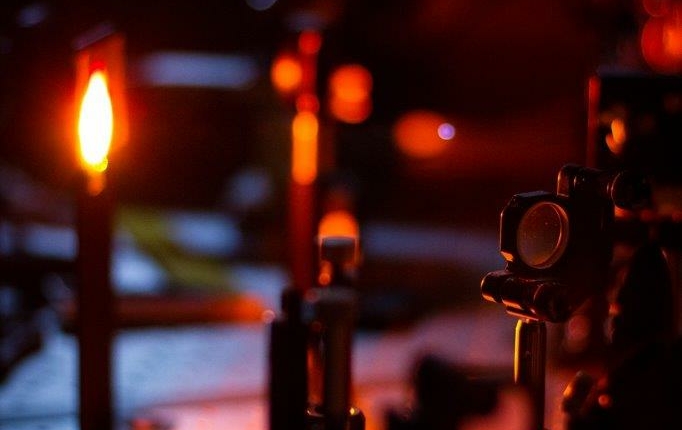
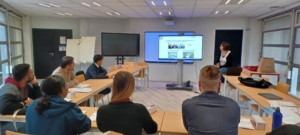










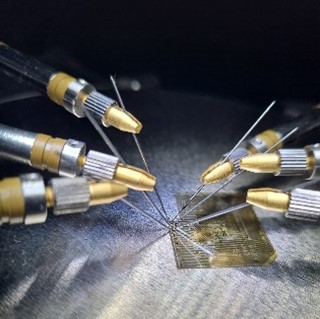 This RAP provided an on-site introduction to the state-of-the-art technology/facilities available at UNINOVA related to flexible oxide thin-film transistors (TFTs). Participants had contact with the multiple steps required to take oxide TFTs from device level design up to circuit integration, as described here:
This RAP provided an on-site introduction to the state-of-the-art technology/facilities available at UNINOVA related to flexible oxide thin-film transistors (TFTs). Participants had contact with the multiple steps required to take oxide TFTs from device level design up to circuit integration, as described here: 













